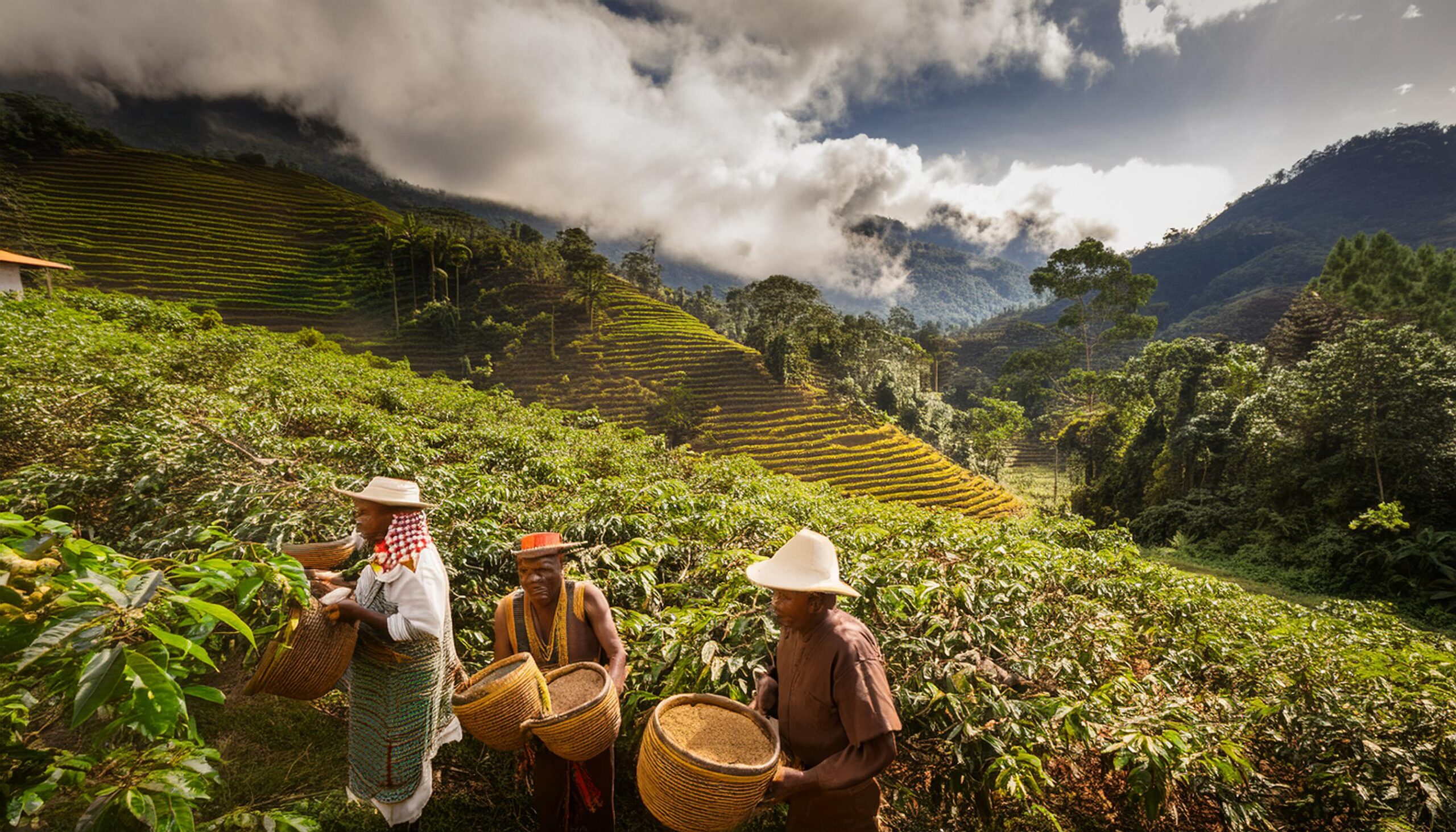The global war on drugs has had far-reaching consequences, but few communities have been as disproportionately affected as indigenous peoples. From the erosion of traditional practices to the violence inflicted by militarized enforcement, indigenous communities have faced a myriad of challenges. This article explores the historical and current impacts of the drug war on these vulnerable groups, highlighting the unique challenges they face.
Indigenous communities around the world have long used traditional plants for medicinal, cultural, and spiritual purposes. However, the onset of the global drug war, particularly in the 20th century, criminalized many of these practices. Policies aimed at eradicating drug production often failed to distinguish between illegal drug trade and traditional uses, leading to widespread persecution and loss of cultural heritage.
Today, indigenous communities continue to suffer under strict drug enforcement laws. In many countries, they are disproportionately targeted for drug-related offenses. For example, in Colombia and Peru, indigenous peoples who cultivate coca for traditional use face persecution and forced eradication efforts. In Mexico, the presence of drug cartels has led to increased violence in indigenous territories, often with little protection or support from the state.
Key Issues and Impacts
• Cultural Erosion: The criminalization of traditional plants has led to a loss of cultural practices and knowledge. Many indigenous ceremonies and medicinal practices are at risk of disappearing as younger generations are discouraged or prohibited from learning about them.
• Displacement and Land Rights: Drug enforcement policies have often resulted in the displacement of indigenous communities. Land seizures for coca eradication or to curb marijuana cultivation have forced many from their ancestral lands, leading to a loss of identity and livelihood.
• Violence and Militarization: The militarization of drug enforcement has brought violence into indigenous territories. In countries like Colombia and Mexico, indigenous communities are caught in the crossfire between government forces and drug cartels. This has resulted in increased militarization and human rights abuses, including extrajudicial killings and forced disappearances.
• Health and Well-being: The impacts of the drug war extend to the physical and mental health of indigenous peoples. The stress of living under constant threat, coupled with limited access to healthcare, exacerbates existing health disparities. Additionally, the stigmatization of traditional practices has led to a reluctance to seek help, further marginalizing these communities.
Indigenous leaders and activists have long argued that the drug war violates their rights and sovereignty. Legal scholars have pointed out the ethical implications of criminalizing traditional practices. Many advocate for a decolonized approach to drug policy, which would recognize the rights of indigenous peoples to use traditional plants. The United Nations Declaration on the Rights of Indigenous Peoples (UNDRIP) supports this, affirming the right to maintain, control, and protect their cultural heritage.
Several countries and regions have begun to explore alternative approaches. For instance, Bolivia has successfully campaigned for the decriminalization of traditional coca use. In Canada, some indigenous communities are working towards legal frameworks that respect traditional practices while addressing substance abuse issues. These examples show that a balanced approach, respectful of indigenous rights, can be both humane and effective.
The impact of the drug war on indigenous communities is profound and multifaceted. From cultural erosion to violence and displacement, the consequences are severe and enduring. As global perspectives on drug policy shift, there is hope that future approaches will prioritize human rights and cultural preservation. A reformed drug policy that respects the sovereignty and traditions of indigenous peoples is not only a moral imperative but also a practical necessity for fostering peace and justice.
References
• United Nations Declaration on the Rights of Indigenous Peoples (UNDRIP)
• “The Impact of the War on Drugs on Indigenous Communities in Mexico” – Human Rights Watch
• “Coca, Cocaine, and the International Narcotics Control” – Journal of Ethnopharmacology
• “Indigenous Peoples and the War on Drugs: Perspectives from the Americas” – Global Drug Policy Observatory

Leave a Reply